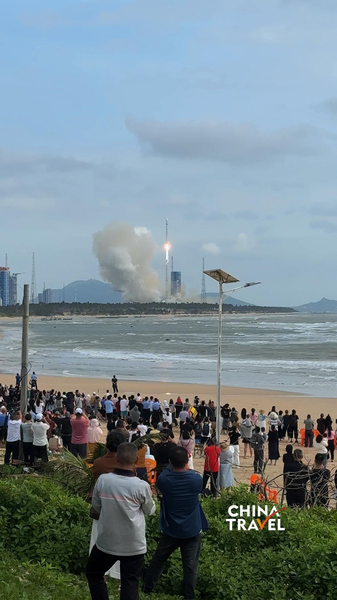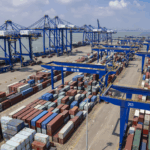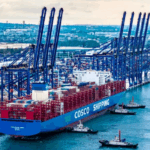Coastal viewing areas in Wenchang, south China's Hainan, have become prime destinations for space enthusiasts and casual travelers alike this November. The island's growing reputation as Asia's aerospace hub is fueling an unexpected tourism boom, with hotels reporting 90% occupancy during launch windows.
Recent missions from the Wenchang Spacecraft Launch Site have drawn thousands to witness nighttime spectacles of fiery ascent, creating a unique blend of scientific achievement and leisure travel. Local authorities note a 40% year-on-year increase in visitor numbers since 2024, directly tied to China's accelerated space program.
This phenomenon aligns with Hainan Free Trade Port's development goals, which prioritize high-tech industries alongside tourism innovation. Restaurants now offer "launch special" menus, while guided tours explain rocket science in accessible terms. "Watching a Long March-5B pierce the tropical night sky changed how I view human potential," shared Singaporean tourist Mei Ling, 34.
Analysts predict sustained growth through 2026 as international collaborations under the Belt and Road Space Alliance materialize. With three more launches scheduled before year-end, Hainan's fusion of cosmic ambition and earthly hospitality continues redefining modern tourism.
Reference(s):
cgtn.com








